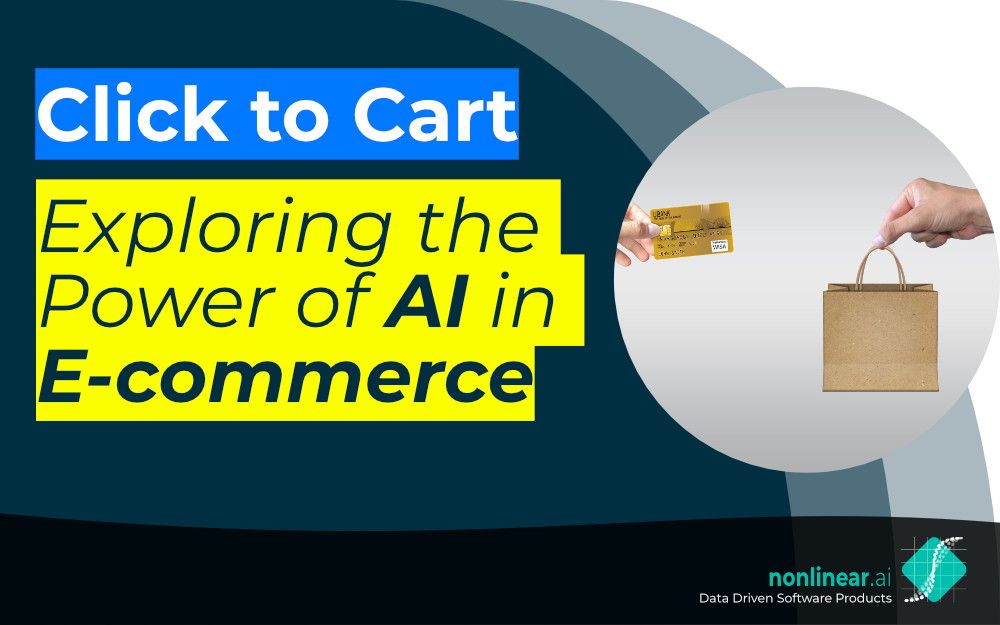Introduction
Modern e-commerce companies like Amazon have been using AI (ML) for years already. AI gave them a competitive advantage over their competitors and allowed them to grow faster.
Here are some examples of where AI is used in modern e-commerce companies:
Recommender Systems
A prominent application is the utilization of recommender systems. With vast inventories, finding relevant products can be challenging for customers. Recommender systems help by suggesting products based on user preferences or displaying similar and alternative products to existing ones.
Search Ranking
The search function is crucial for online shopping. Understanding search queries and showing users what they are looking for is critical. AI helps to optimize and also personalize search results.
Item Classification
Through image and text processing, AI can categorize items by analyzing product images and descriptions. This metadata can be employed in recommender systems or search engines, further enhancing their accuracy.
Comment classification
Customers are heavily influenced by previous customer’s comments. AI can help to rank comments based on importance, reliability and language quality. AI algorithms can identify and filter out fraudulent or offensive comments, facilitating better decision-making for customers. Additionally, analyzing customer comments aids in identifying and addressing issues with products, leading to their removal or replacement.
Fraud Detection
For online marketplaces that allow third-party sellers, AI plays a pivotal role in detecting fraudulent articles and identifying suspicious behavior, ensuring a secure and trustworthy platform for users.
Demand Prediction
As storage space is limited, accurately predicting demand using AI allows e-commerce companies to stock popular items, fulfilling customer expectations of prompt delivery.
Package Size Optimization
Shopping is not very sustainable. E-commerce companies should at least make sure to use the minimal amount of packaging material per item. AI assists packaging staff in selecting the appropriate package sizes and materials for each item, optimizing resources and reducing environmental impact.
Dynamic Pricing
Selling at a high price will make customers leave for an alternative shop. Selling at a too low price will reduce the margin. AI enables companies to dynamically adjust prices based on real-time data, avoiding excessively high or low prices and maintaining optimal profit margins.
Customer Support
Chatbots play a pivotal role in reducing the workload on physical customer support teams. By leveraging AI, companies can provide automated assistance to customers, handling routine inquiries and improving response times.
Customer Segmentation
Effective customer segmentation facilitates targeted advertising and improves sales efficiency. AI-powered algorithms analyze customer data to identify distinct segments, enabling companies to tailor their marketing strategies accordingly.
Conclusion
In conclusion, the integration of AI and ML technologies has revolutionized the e-commerce landscape, empowering companies to optimize various aspects of their operations. From personalized recommendations to fraud detection, AI's potential in e-commerce continues to shape the industry's growth and customer experience.



